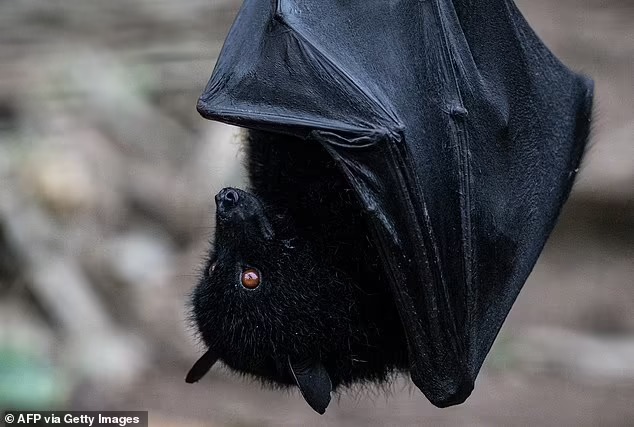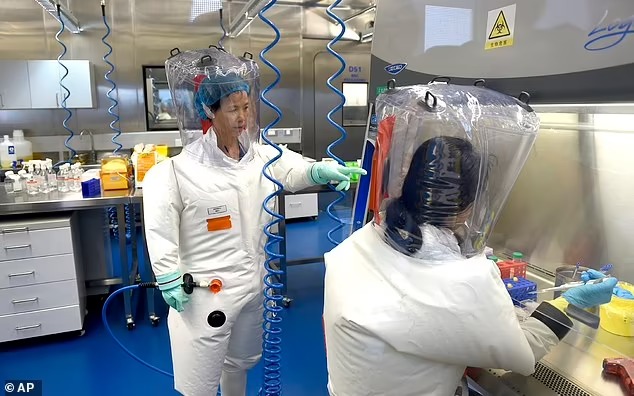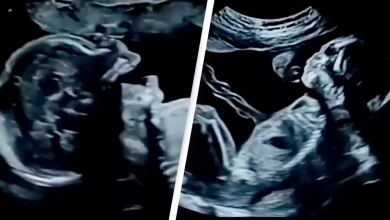Scientists at the Wuhan Institute of Virology have identified a new bat coronavirus named HKU5-CoV-2. This virus is similar to SARS-CoV-2 (the virus behind COVID-19) and MERS-CoV, a deadlier coronavirus with a fatality rate of up to one-third of infected individuals.

Potential Threat to Humans
Research shows HKU5-CoV-2 can enter human cells like SARS-CoV-2, raising concerns about its potential transmission to humans.
Scientists warn that the virus poses a “high risk of spillover”, either directly from bats or through intermediate hosts like minks and pangolins.
Merbecoviruses, the virus family to which HKU5-CoV-2 belongs, have already been found in multiple animal species, suggesting frequent cross-species transmission.
MERS-Like Characteristics
MERS-CoV, another coronavirus, spreads from animals to humans and between humans, causing severe respiratory illness with fever, cough, shortness of breath, diarrhea, and vomiting.
The US has only recorded two MERS cases, both in 2014, linked to Middle East travel.
There is currently no vaccine for MERS, making any related virus a serious health concern.

Origins and Ongoing Debate
HKU5-CoV viruses were first detected in bats in 2006, but HKU5-CoV-2 appears to have a higher potential for infecting multiple species.
The Wuhan Institute of Virology has been central to debates about the origins of COVID-19. Theories suggest the virus originated from a zoonotic spillover or a potential lab leak.
US intelligence agencies have low confidence in the lab-leak theory, while researchers emphasize that bats are major reservoirs for coronaviruses, making natural spillover events likely.
Uncertain Risk to Humans
While HKU5-CoV-2 shows signs of potential transmission, its ability to spread to humans is not yet confirmed.
Scientists stress the importance of further research to determine whether it could pose a pandemic threat.
Source: dailymail.co.uk







